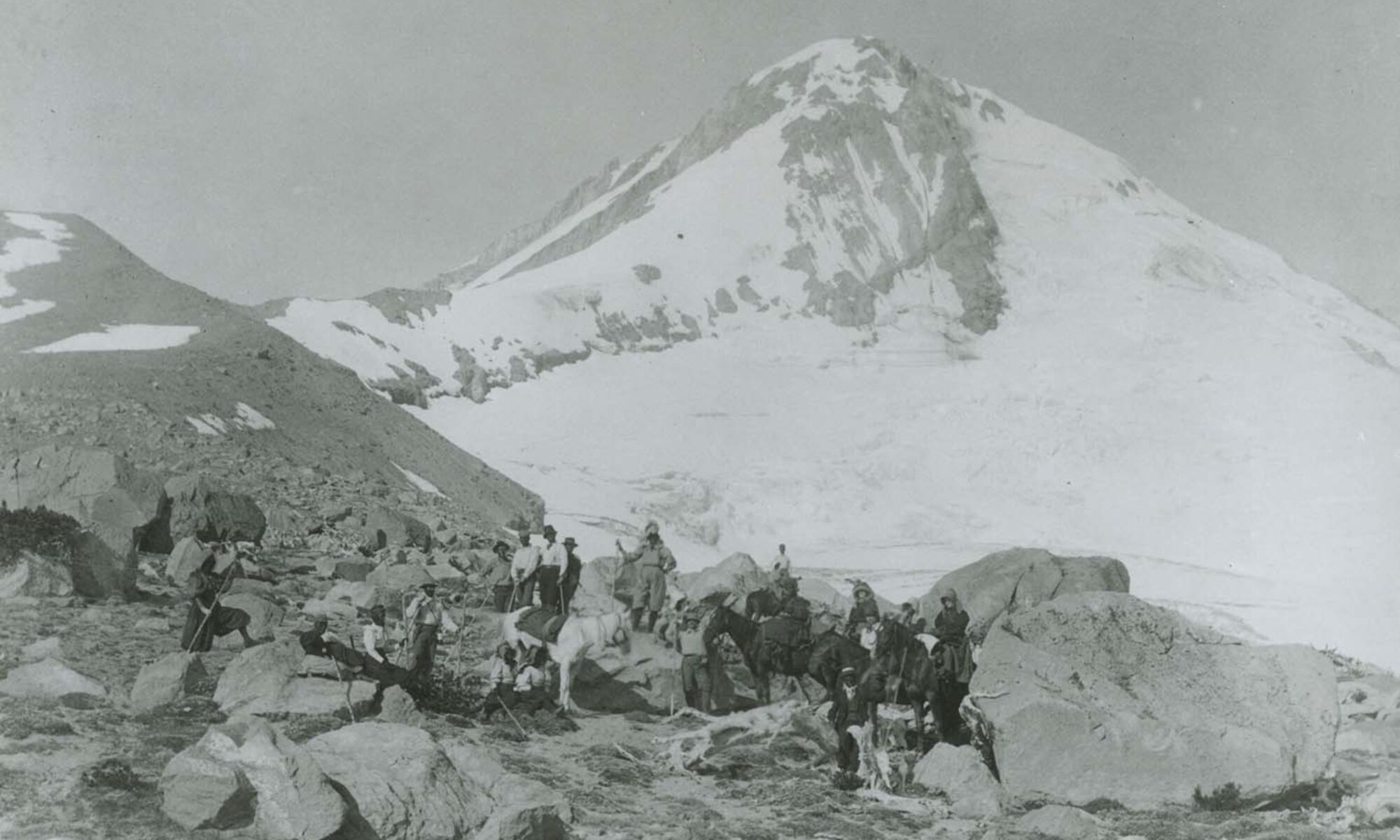by Jonathan Barrett
 |
| Photo: Ben Erdman |
Jess Roskelley is a guy who is obsessed with climbing. It is logical, of course, that the alpinist who ticked off the unclimbed South Ridge of Huntington in Alaska would be single-minded about his climbing. However, he was not always this way. One might expect that the son of celebrated mountaineer, John Roskelley, would have felt the from the very beginning the lure of the mountains, but it was not always there for him as a kid.
Despite being very aware of his father’s climbing career and even dabbling in climbing as a kid, he was not particularly interested in the sport when he was young. In high school he was like most teenagers. He did not think much about the future or about what he wanted to be. His priorities were, in his words, “wrestling and chasing girls.”
Paradoxically climbing was at the same time an integral part of his life. When he started guiding on Rainier at eighteen, it was not a big deal to him. He described it as a
 |
| Jess camping with his family in 1986. |
“way to get out of the house and seriously. At that time in his life, he would, “run out with some other kids,” and occasionally put himself in danger. Climbing was a thing on the side.
make a little money.” Perhaps this should have been the first indication that he was due for much bigger things when a nonchalant job for him is a lofty aspiration for many young climbers. He continued to climb off and on in his late teens and early twenties but not particularly
It was not until he was twenty-five that there was a shift. Like many climbers, there was a moment, a single climb that reframed his perspective on the sport. Slipstream, a famous alpine line on Snow Dome, caught his imagination, and he asked his father, who was sixty at the time, to join him. Plans went awry though when the weather turned sour. He and his father were forced into an open bivy by terrible conditions, and the rangers were sent out to rescue them. The experience made him realize that climbing could be an intellectual pursuit as much as a physical one. He wanted to know how to do it better and to gain the knowledge that he was missing. Jess has that pivotal experience and has not looked back since.
 |
| Photo: Clint Helander |
Although he has made other mistakes from time to time, he has learned to be patient while acquiring his skills. He noted that, “some guys go out full bore,” when beginning their career in alpinism, and there is the tendency to make mistakes. He described his progression and growth as being a natural one. When asked if he has had any close calls, he admitted that they have become more frequent in recent years. Two stand out in his mind. In Patagonia he recently ended up climbing a serac that he recognized at the time was highly risky. The next day, the glacier cut loose over the path that he had just been on. On Mt. Huntington, he almost took a fatal ride when an icy glove led to unclipping a carabiner.
Jess acknowledges that he does take some risks on climbs and that the more challenging the objective the greater his tolerance for risk is. The question is, of course, why. The longer he has been at the game, the more confident he has become in his skills and judgment, and the deeper his motivation is to strive for lofty goals. It is an obsession for him now. Jess believes that all serious climbers feel the compulsion in some way or another. For him, “it runs the show.” Climbing has determined his choice of job as a contract welder, the locations for vacationing with his wife, and the way that he eats every day.
He recognizes that he is very fortunate that climbing continues to bring meaning and purpose into his day to day existence. “Life is simple on a mountain. Your only job is to survive,” he said. “I feel like life would be mundane without the experiences I get while climbing mountains.” The experiences that his has in the mountains sustains him in his normal day to day life.
 |
| Photo: Clint Helander |
When asked what his endgame was, he responded in the following way: “To be content is the endgame.” Has he achieved this yet? In his mind, the answer is a resounding yes. Somehow he manages to be both driven to achieve at higher and higher levels, and at the same time be satisfied with all that he has already done. When asked about what it was like to be the son of a prominent alpinist and whether he felt the pressure to follow in his father’s footsteps, he said, “Somehow my dad did it the right way, when it came to me with climbing.” Jess was allowed to find it on his own terms and define satisfaction by his own criteria.


